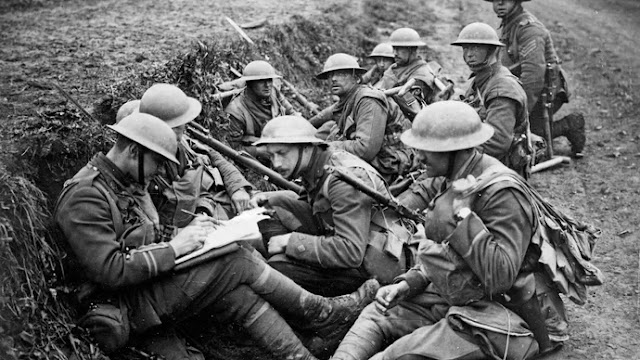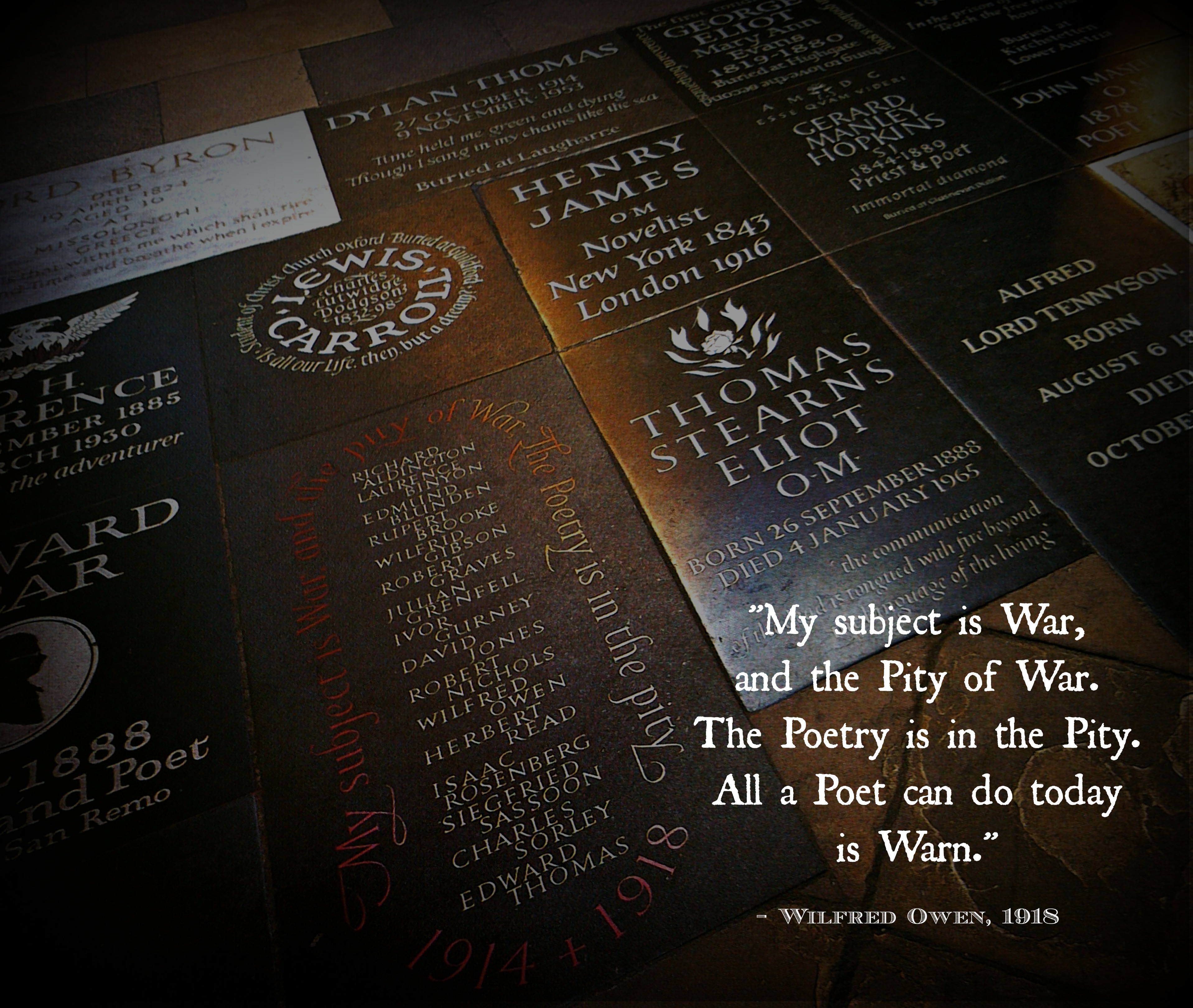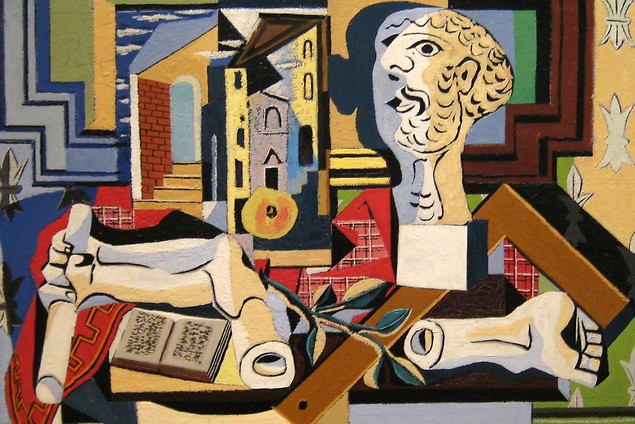The Latin title is from Horace (1st century
BC) and it means “it is sweet and proper”. This is followed by the
phrase pro patria mori, or “to die for one’s country” in English.
The poem is known for its horrific imagery and condemnation of war. It combines two sonnets and is formed by 28 lines. Read here.
https://myblog-inplainenglish.blogspot.com/2017/05/revising-wilfred-owen.html




